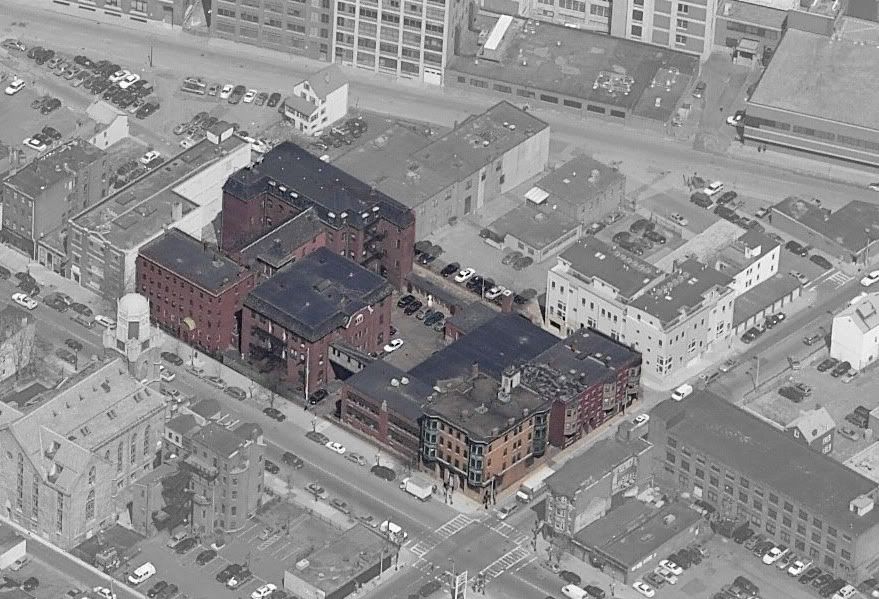briv
Senior Member
- Joined
- May 25, 2006
- Messages
- 2,083
- Reaction score
- 3
Here's what was demolished to make way for this thing:

Not perfect, but definitely workable, no?
If my memory serves me correctly, I'm pretty certain those buildings lining A St. were apartments.
I think the additional housing is great, but I wish they did a better job.
BTW, that "courtyard" facing Broadway is ridiculous. Looks like the entrance to an outpatient clinic.

Not perfect, but definitely workable, no?
If my memory serves me correctly, I'm pretty certain those buildings lining A St. were apartments.
I think the additional housing is great, but I wish they did a better job.
BTW, that "courtyard" facing Broadway is ridiculous. Looks like the entrance to an outpatient clinic.
Last edited:
